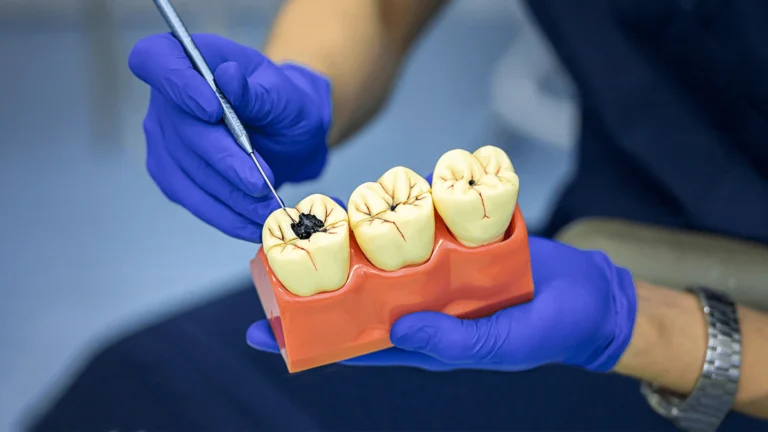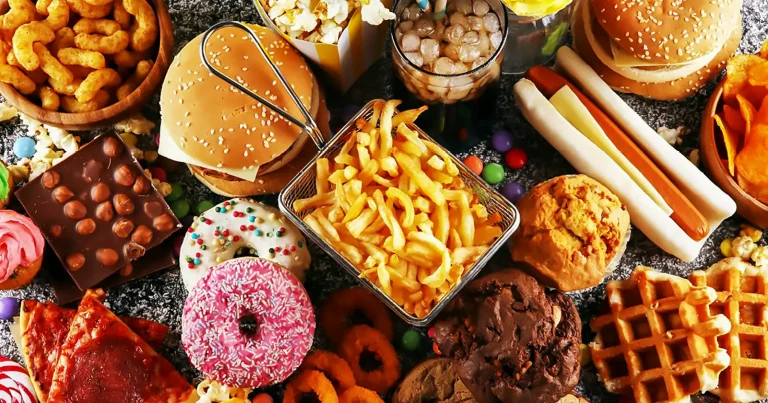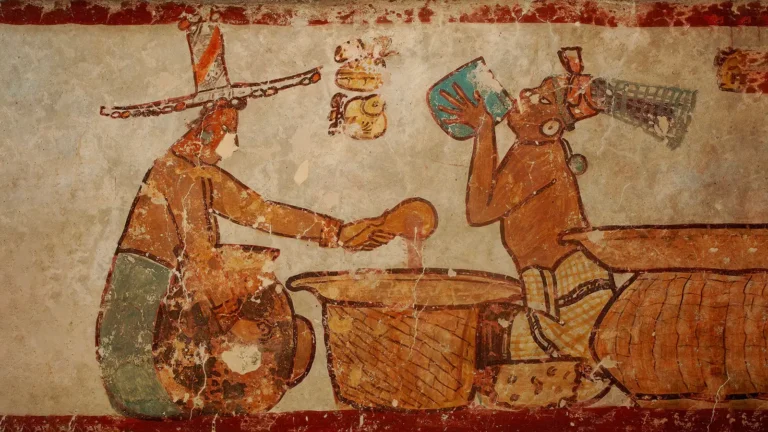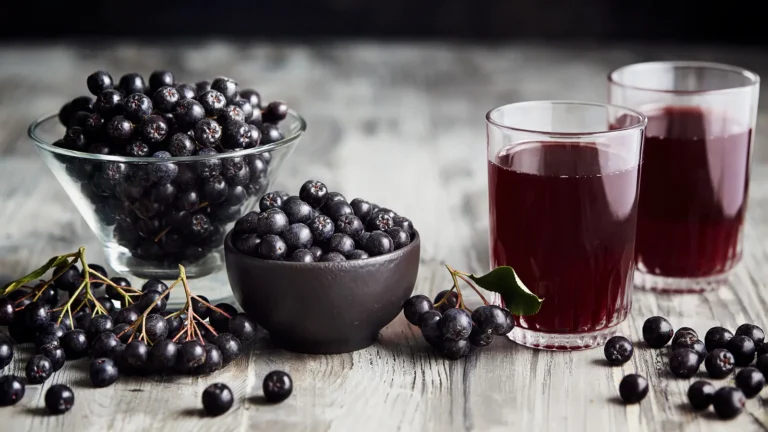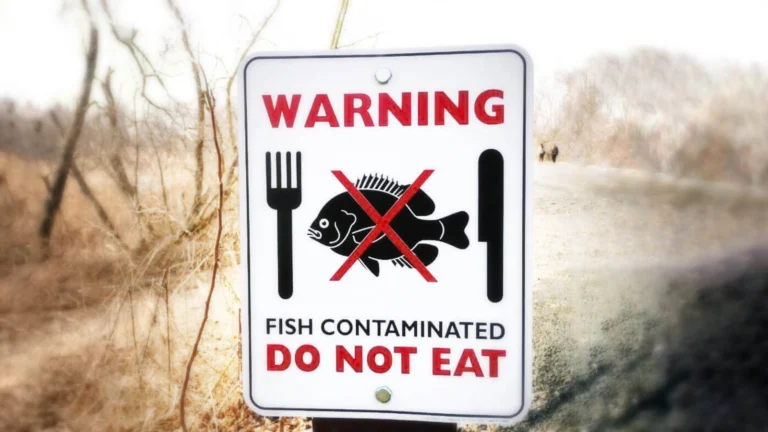Quiénes somos
El objetivo de GoVeganWay es acercarle a usted, y a su médico, las últimas investigaciones en el campo de la ciencia nutricional. El objetivo de GoVeganWay es representar la investigación sanitaria basada en la evidencia de una manera que sea fácil de entender para que todos podamos beneficiarnos de la ciencia disponible.
Anuncio
Anuncio
Anuncio
¿Son Los Peces Animales? Una Perspectiva Cultural
En algunas culturas, la carne de pescado no se considera carne, y el pescado está permitido incluso durante el ayuno.
Enjuague Bucal Natural Casero: Probado, Más Fuerte y Menos Tóxico
El enjuague bucal natural hecho en casa es más fuerte que la clorhexidina, menos tóxico y si se ingiere puede dar un poco de náuseas, pero también un alto estallido en el valor ORAC.
Cómo Detener la Caries Dental: Síntomas, Causas y Prevención
El consumo de azúcar es la principal causa de caries y deterioro dental, combinado con carencias de minerales, especialmente magnesio, zinc, cobre y oligoelementos.
Amla: Beneficios Probados, Nutrición e Importancia Clínica
El amla es uno de los antioxidantes más potentes del mundo, con una puntuación ORAC de 261.530. Es una rica fuente de fitoquímicos que tienen diversos beneficios para la salud. Es una rica fuente de fitoquímicos que tienen diversos beneficios para la salud.
Azul de Metileno: Usos Terapéuticos e Importancia Clínica
El Azul de metileno es un potente antioxidante sintético. Mejora la función mitocondrial y la capacidad de nuestras células para producir energía.
Beneficios de la Chlorella: Planta B12, Hierro, Zinc y Detox
La chlorella es una fuente vegana de vitamina B12, hierro y zinc, tiene fuertes propiedades quelantes de metales pesados, refuerza el sistema inmunitario, reduce el colesterol y el riesgo de anemia.
Mensajes aleatorios
Lo más leído - Todos los tiempos
Más información
Cómo Ayunar: Alimentos en Ayunas Que No Rompen la Autofagia
Autofagia. ¿Se ha preguntado alguna vez qué ocurre con las células de su cuerpo cuando mueren o se dañan? ¿Se amontonan y crean problemas, o se eliminan de alguna manera? La respuesta es que su cuerpo...
Dolor y Sensibilidad a los Dulces: Solución Rápida y Duradera
Una solución rápida y fácil para aliviar el dolor es el aceite esencial de clavo, un potente antioxidante y analgésico que puede ayudar con las enfermedades de las encías y el dolor de muelas.
Judías Verdes: Nutrición y Beneficios Para la Salud
Los frijoles verdes son bajos en calorías y ricos en compuestos naturales que pueden ayudar a controlar su azúcar en la sangre, reducir el colesterol y combatir los radicales libres.
Se Pueden Comer Setas Crudas: Riesgos Para La Salud, Nutrición Y Seguridad
Las setas tienen toxinas sensibles al calor, como la hidracina o la agaritina, y paredes celulares compuestas de quitina que el ser humano no puede digerir bien.
¿Son Los Peces Animales? Una Perspectiva Cultural
En algunas culturas, la carne de pescado no se considera carne, y el pescado está permitido incluso durante el ayuno.
Enjuague Bucal Natural Casero: Probado, Más Fuerte y Menos Tóxico
El enjuague bucal natural hecho en casa es más fuerte que la clorhexidina, menos tóxico y si se ingiere puede dar un poco de náuseas, pero también un alto estallido en el valor ORAC.
Cómo Detener la Caries Dental: Síntomas, Causas y Prevención
El consumo de azúcar es la principal causa de caries y deterioro dental, combinado con carencias de minerales, especialmente magnesio, zinc, cobre y oligoelementos.
Amla: Beneficios Probados, Nutrición e Importancia Clínica
El amla es uno de los antioxidantes más potentes del mundo, con una puntuación ORAC de 261.530. Es una rica fuente de fitoquímicos que tienen diversos beneficios para la salud. Es una rica fuente de fitoquímicos que tienen diversos beneficios para la salud.
Azul de Metileno: Usos Terapéuticos e Importancia Clínica
El Azul de metileno es un potente antioxidante sintético. Mejora la función mitocondrial y la capacidad de nuestras células para producir energía.
Beneficios de la Chlorella: Planta B12, Hierro, Zinc y Detox
La Chlorella es una fuente vegana de B12, hierro y zinc, tiene fuertes propiedades quelantes de metales pesados, potencial para reducir el colesterol, reducir la anemia y reforzar el sistema inmunitario.
Beneficios de la Espirulina: Superalimento Rico en Ficocianinas
La espirulina tiene potentes propiedades antioxidantes, anticancerígenas, antivirales e inmunomoduladoras, así como capacidad para combatir la obesidad, la diabetes y el colesterol.
Dieta Baja en Histamina e Intolerancia Histamínica: Guía Completa
Una forma de controlar la intolerancia a la histamina es seguir una dieta baja en histamina. Esto significa evitar alimentos ricos en histamina o que puedan desencadenar su liberación.
- Mensajes aleatorios -
Ayuno intermitente frente a restricción calórica: ¿hay alguna diferencia?
Hay una forma de dieta que está diseñada principalmente para utilizar la autofagia llamada ayuno intermitente. Hacer una dieta de restricción calórica total es una elección difícil.
Lectinas- La paradoja de la "Paradoja vegetal"
La paradoja de la "Paradoja vegetal" es que las personas que comen más lectinas (judías y cereales integrales) tienen menos cáncer.
Astaxantina Beneficios: Antioxidante Natural Más Potente del Mundo
La astaxantina es el más potente y natural antioxidante universal (petróleo y agua-soluble) que conoce la ciencia. Se acumula en los tejidos y nunca puede convertirse en un pro-oxidante.
El agotamiento de glucógeno - Cómo no hacer ejercicio
¿Qué sucede cuando hacemos ejercicio o ir en una dieta restrictiva?
Beneficios del Sulforafano: El Superpoder Desintoxicante del Brócoli
El sulforafano es el inductor enzimático natural de fase 2 más potente conocido por la ciencia. También está demostrado que el sulforafano es un inhibidor dosis-dependiente de la tumorigénesis inducida por carcinógenos.
Los Peces de Piscifactoría- "Pozo Negro" Paraíso
Los peces de piscifactoría tienen hasta diez veces más contaminantes. Después de la vacunación, los peces siempre reciben antibióticos y pesticidas.







